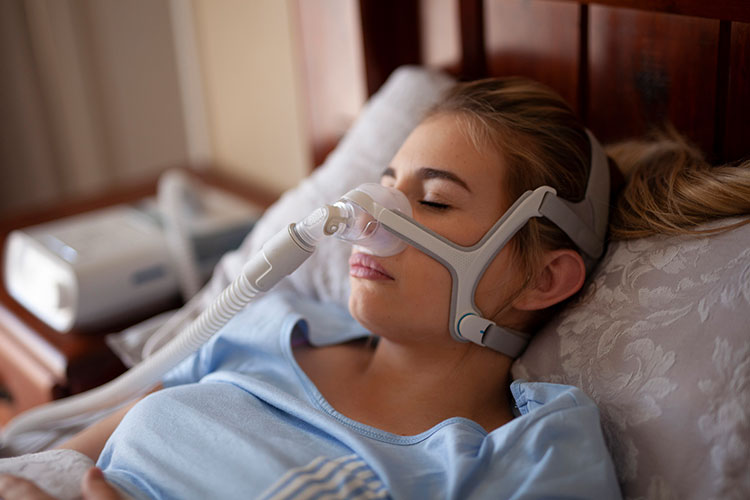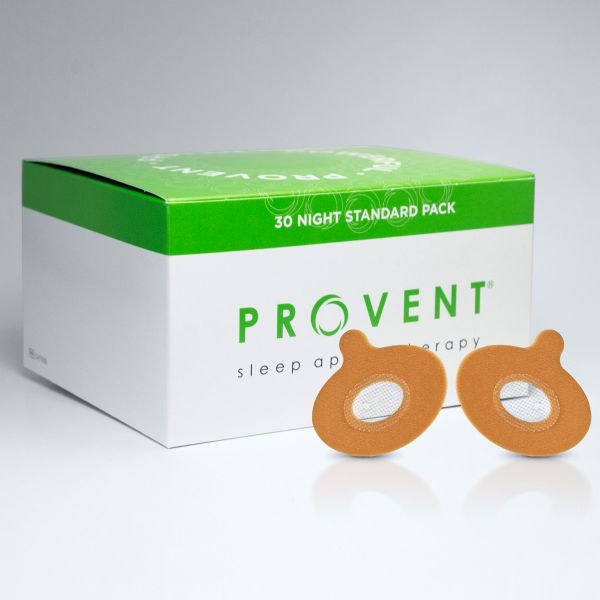Cognitive Behavioral Therapy for Insomnia (CBT-I) - Proven Approaches
Cognitive Behavioral Therapy for Insomnia (CBT-I) - Proven Approaches
Blog Article
Effective Therapy Solutions for Handling Rest Disorders and Enhancing Relaxed Rest
In the world of health care, the management of rest problems and the mission for relaxed rest are essential components of overall wellness. Reliable treatment remedies offer a multifaceted method to take on these obstacles, varying from cognitive behavior treatments to all natural methods that promote relaxation and mindfulness. The exploration of various methods, including the assimilation of medicine and light treatment, opens up a realm of opportunities in the pursuit of far better sleep high quality. As we navigate the complex landscape of sleep conditions and look for to improve our rest experience, a much deeper understanding of these treatment options might hold the trick to opening a much more rejuvenating and fulfilling restorative journey.
Cognitive Behavior Modification for Sleep Problems (CBT-I)
Cognitive Behavior Therapy for Sleeping Disorders (CBT-I) is an organized, evidence-based therapy strategy that concentrates on resolving the underlying elements adding to sleep disruptions. This sort of therapy aims to change behaviors and thoughts that intensify sleeping disorders, inevitably promoting healthy and balanced sleep patterns. CBT-I typically includes a number of vital elements, including cognitive treatment, rest restriction, stimulus control, and sleep hygiene education.
Cognitive treatment assists people recognize and alter negative idea patterns and beliefs regarding rest that may be preventing their ability to fall or remain asleep. Rest constraint entails restricting the amount of time spent in bed to match the individual's real sleep duration, consequently raising rest effectiveness (sleep improvement therapy). Stimulus control techniques assist establish a strong association in between the bed and rest by encouraging individuals to head to bed only when sleepy and to avoid participating in stimulating tasks in bed
In addition, sleep health education concentrates on creating healthy and balanced rest habits, such as maintaining a consistent rest timetable, creating a relaxing going to bed routine, and optimizing the rest environment. By resolving these aspects comprehensively, CBT-I offers an effective non-pharmacological treatment for managing sleeplessness and enhancing overall rest top quality.
Rest Health Practices
Having established the structure of cognitive restructuring and behavior adjustments in dealing with sleep problems via Cognitive Behavior modification for Sleep Problems (CBT-I), the focus currently moves towards discovering crucial Sleep Hygiene Practices for keeping optimal sleep high quality and general health.
Rest health techniques include a variety of routines and environmental elements that can significantly affect one's capability to go to sleep and remain asleep throughout the night. Consistent sleep and wake times, creating a relaxing going to bed regimen, and maximizing the rest atmosphere by keeping it dark, quiet, and cool are important elements of great sleep hygiene. Limiting exposure to screens prior to bedtime, staying clear of stimulants like caffeine near bedtime, and involving in routine physical activity throughout the day can also advertise far better sleep top quality.
Furthermore, practicing relaxation techniques such as deep breathing workouts or meditation before bed can help relax the mind and prepare the body for sleep. By including these rest hygiene techniques right into one's everyday regimen, people can establish a healthy rest pattern that sustains peaceful sleep and total wellness.
Leisure Strategies and Mindfulness
Carrying out relaxation strategies and mindfulness practices can play a critical duty in promoting a sense of calm and promoting top quality rest. insomnia solutions. These techniques intend to peaceful the mind, decrease anxiety, and produce an ideal atmosphere for relaxing rest. One widely practiced method is deep breathing workouts, where individuals concentrate on slow, deep breaths to relax the mind and body. Progressive muscle relaxation involves tensing and after that launching each muscle mass group, promoting physical relaxation. Furthermore, guided images can assist carry individuals to a tranquil location in their minds, aiding in stress reduction mirtazapine for insomnia and boosting sleep top quality.
Mindfulness methods, such as reflection and yoga, are likewise efficient in advertising leisure and improving sleep. Mindfulness urges individuals to remain existing in the minute, letting go of fret about the past or future. By including these practices into a going to bed regimen, individuals can indicate to their bodies that it is time to prepare and relax for rest. Overall, integrating leisure methods and mindfulness practices can significantly add to handling rest disorders and improving overall sleep quality.

Medicine Options for Sleep Disorders
After discovering leisure techniques and mindfulness methods as non-pharmacological treatments for boosting sleep quality, it is essential to consider medicine options for people with rest disorders. In cases where lifestyle modifications and therapy do not offer sufficient alleviation, medication can be a useful device in handling rest disruptions.
Commonly suggested medications for sleep conditions consist of benzodiazepines, non-benzodiazepine hypnotics, antidepressants, and melatonin receptor agonists. Antidepressants, such as trazodone, can be useful for individuals with co-occurring anxiety and rest disruptions - natural insomnia remedies.
It is critical for individuals to seek advice from with a doctor to establish one of the most suitable medication choice based on their particular sleep problem and medical history.
Light Treatment for Body Clock Regulation
Light therapy, also known as phototherapy, is a non-invasive treatment approach utilized to manage body clocks and improve sleep-wake cycles. This therapy entails exposure to bright light that simulates natural sunshine, which assists to reset the body's body clock. By subjecting people to details wavelengths of light, commonly in the morning or night depending on the desired effect, light treatment can effectively readjust the circadian rhythm to advertise wakefulness throughout the day and improve restful rest at evening.
Research study has actually revealed that light treatment can be particularly beneficial for individuals with body clock conditions, such as postponed rest stage disorder or jet lag. It can likewise be useful for those experiencing seasonal depression (SAD), a sort of depression that normally takes place throughout the wintertime months when all-natural light exposure is lowered. Light treatment is normally well-tolerated and can be utilized in conjunction with various other treatment techniques for rest problems to optimize outcomes and boost overall sleep top quality.
Final Thought
Finally, reliable treatment solutions for taking care of sleep disorders and enhancing relaxing rest consist of Cognitive Behavior modification for Sleep Problems (CBT-I), sleep hygiene techniques, relaxation strategies and mindfulness, medicine alternatives, and light treatment for body clock policy. These approaches can assist individuals boost their sleep high quality and total wellness. It is very important to check my source seek advice from a doctor to identify one of the most suitable approach for dealing with rest issues.
As we navigate the detailed landscape of rest problems and seek to enhance our sleep experience, a deeper understanding of these treatment services might hold the secret to unlocking an extra relaxing and somnologist satisfying corrective journey.
Rest constraint entails limiting the amount of time spent in bed to match the person's real sleep duration, thereby boosting rest efficiency. Constant sleep and wake times, producing a relaxing bedtime routine, and maximizing the sleep atmosphere by maintaining it dark, quiet, and cool are crucial parts of great rest hygiene. Light treatment is generally well-tolerated and can be utilized in conjunction with other treatment techniques for sleep conditions to enhance outcomes and enhance total sleep quality.

Report this page